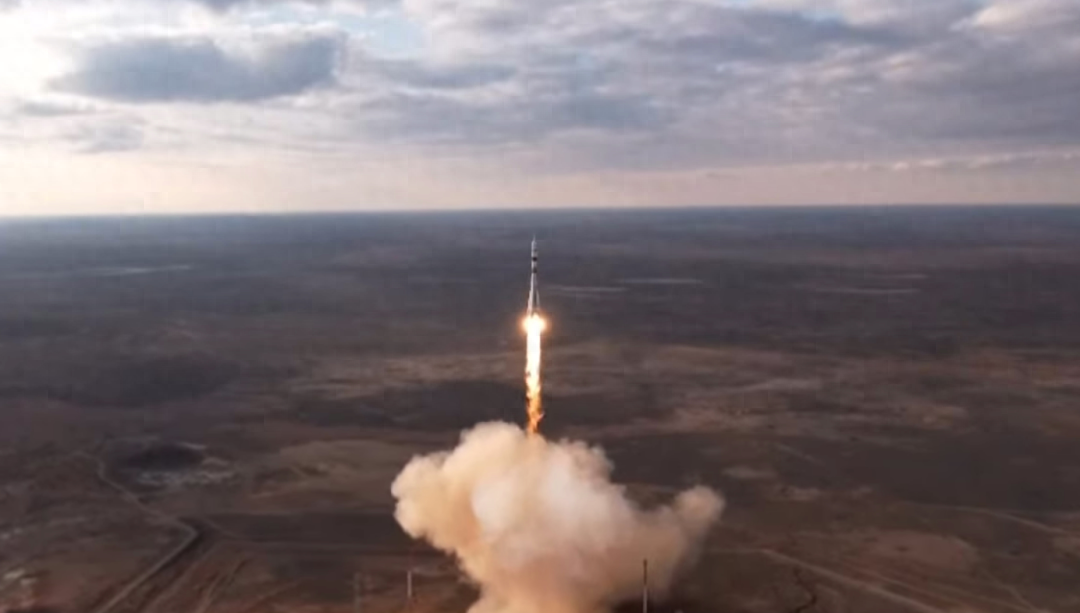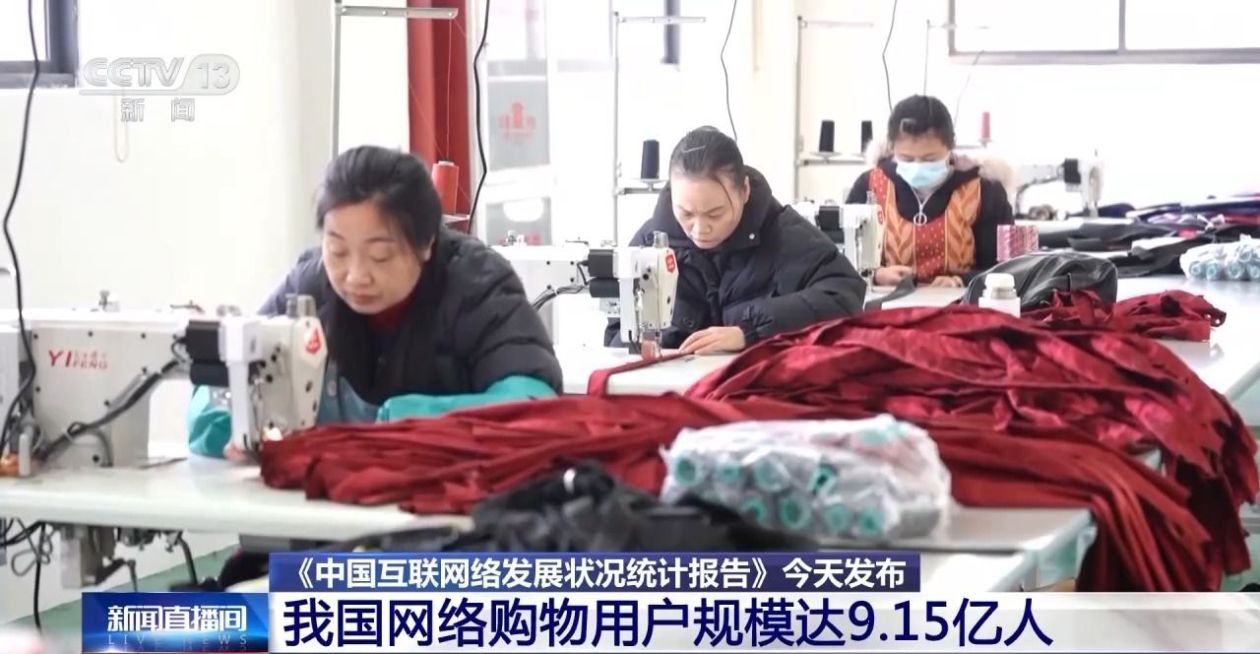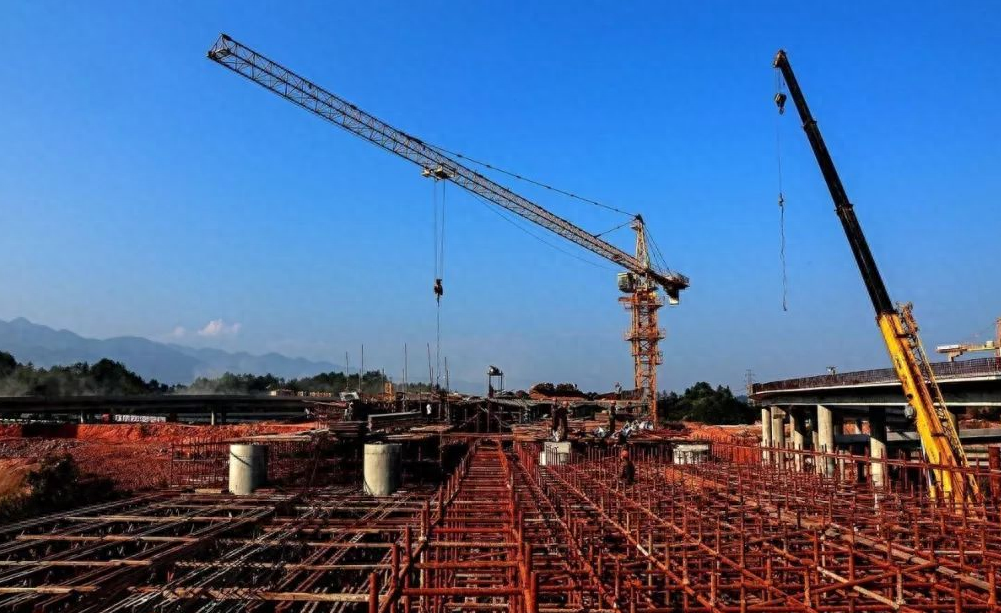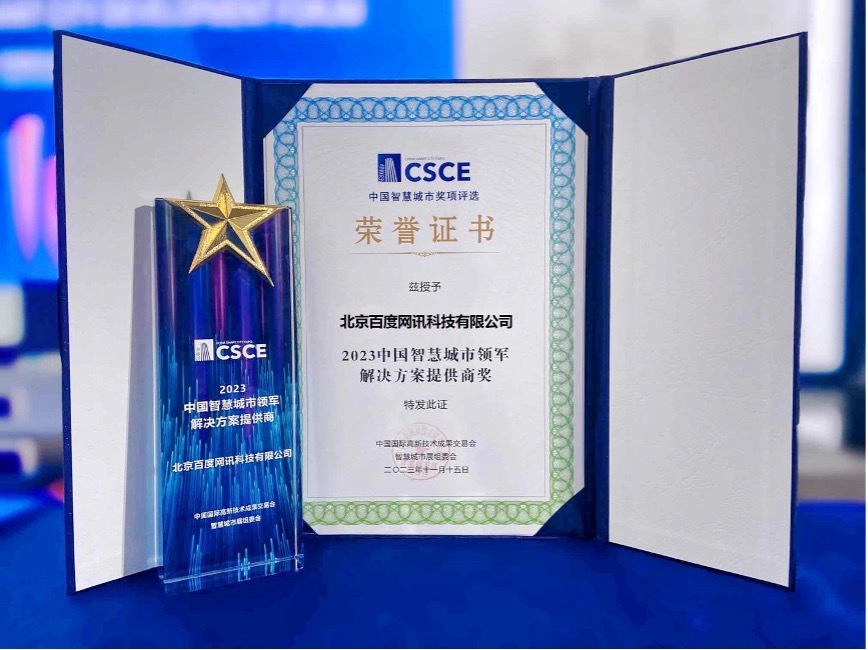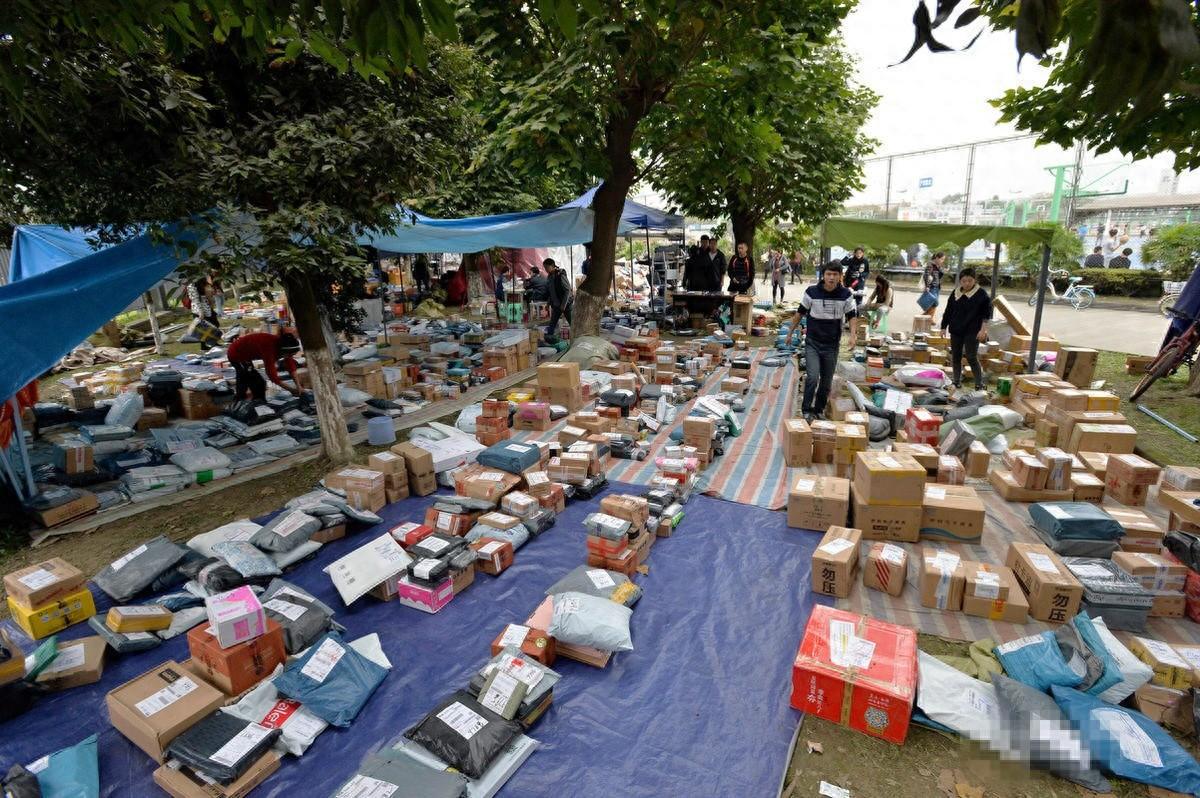At 8 o'clock in the morning, there is new news from the international community! The Chinese space station does not comply with international regulations
Before reading this article, please click on "Follow" to facilitate your discussion and sharing, as well as bring you a different sense of participation. Thank you for your support
Before reading this article, please click on "Follow" to facilitate your discussion and sharing, as well as bring you a different sense of participation. Thank you for your support.
Space is the ultimate frontier of human exploration and the best stage for human cooperation. With the development of technology, more and more countries and organizations are participating in space activities, providing more possibilities for human space exploration and utilization. Among them, the China Space Station (CSS) project is a remarkable space project that will provide a long-term space experiment and living platform for China and the international community, promoting the development of space science and technology,And the utilization of space resources.
However, CSS projects also face some controversies and challenges, especially in the international arena. Recently, some international public opinion has raised doubts and criticisms about CSS projects, believing that CSS projects may not comply with international norms,Or pose a threat to space security and the environment. These controversies mainly involve two aspects: the attitude control system of the CSS project and the disposal method of space waste.

This article will analyze these two aspects and explore the current status and prospects of disputes and cooperation in CSS projects. The controversial attitude control system is an important component of the space station, responsible for maintaining its stability and correct direction. Different space stations may use different attitude control systems,This depends on the design and functionality of the space station.
Currently, the International Space Station (ISS) and CSS projects use different attitude control systems, which has raised concerns among some international observers. The International Space Station adopts an active attitude control system, which adjusts the direction and position of the space station by using engines and attitude control jets. This system can achieve high-precision attitude control, but it also requires fuel and electricity consumption,And regular maintenance and replacement.

The CSS project adopts a passive attitude control system, which utilizes the shape and center of gravity of the space station to achieve aerodynamic stability and maintain the direction of the space station. This system can save fuel and electricity, but it also needs to consider the design and structure of the space station, as well as external disturbance factors. Some international observers believe that the differences between these two attitude control systems may lead to future space cooperation issues,Especially when different space stations need to approach or rendezvous.
They are concerned that the attitude control system of the CSS project may not comply with international standards or be incompatible with the attitude control system of the International Space Station, thereby increasing the risk of collisions between space stations or limiting their cooperation capabilities. However, the National Space Administration of China (CNSA) denies this, stating that the attitude control system of the CSS project has been fully tested and validated, with high stability and reliability. They also emphasized that the design of the CSS project complies with international security standards and has communicated and negotiated with multiple international partners,To ensure the smooth progress of future space cooperation.

They believe that different attitude control systems do not necessarily mean different levels of security or willingness to cooperate. As long as there is sufficient technical and political mutual trust, effective cooperation between different space stations can be achieved. Space debris refers to artificial objects that operate or are discarded in space, which may pose a threat to space activities and the space environment. With the increase of space activities, the quantity and density of space debris are also constantly increasing,This poses a huge challenge to the safety and sustainability of space stations.
The international community generally believes that effective measures should be taken to reduce the generation of space debris and actively eliminate existing space debris. However, CSS projects also face some controversies and doubts in this regard. Some observers believe that,The CSS project may not have sufficient plans and resources to address the issue of space debris.

They pointed out that the design of the CSS project may make it more susceptible to impact from space debris, as the orbital height and inclination of the CSS project overlap significantly with the distribution of space debris. They are also concerned that the CSS project may not actively participate in international cooperation on space waste clearance, or may not take effective measures to reduce the generation of their own space waste, thereby causing negative impacts on the entire space ecosystem. CNSA responded by stating that they attach great importance to the issue of space debris,And a series of measures have been taken to ensure the safety and sustainability of CSS projects.
They stated that the CSS project will adopt various technologies and methods to avoid and reduce the impact of space debris, including the use of radar and optical equipment to monitor the position and movement of space debris, as well as the use of attitude control systems and thrusters to adjust the orbit and position of the space station. They also stated that the CSS project will actively participate in international cooperation on space debris clearance and work together with other international partners to reduce the potential threat of space debris to the space station. The response of the international community in the face of controversy over CSS projects,The response from the international community is inconsistent.

Some international partners have expressed concerns and dissatisfaction with CSS projects, demanding that China improve the transparency and cooperation of CSS projects in order to have more communication and coordination with the international community. They believe that only through international cooperation and information sharing can the safety and sustainability of space stations, as well as the peace and order of space activities, be ensured. However, some international partners have expressed support and appreciation for the CSS project, believing that it is a valuable and meaningful space project that will provide a high-quality space experiment and living platform for the international community, promoting the development of space science and technology,And the utilization of space resources.
They expressed their willingness to engage in more space cooperation with China, share space station facilities and services, and carry out space research and educational activities. The latest news is that the international space community has received exciting news recently, with the Chinese National Space Agency (CNSA) announcing that they will jointly carry out the space waste cleaning plan for the CSS project with the European Space Agency (ESA) and the Russian Federal Space Agency (Roscosmos). This plan will include the development and testing of a new type of space debris cleaner that can autonomously identify and capture space debris in space,And bring it back to the Earth's atmosphere for destruction.

This plan aims to provide an effective space debris removal solution for the international community, as well as a verification platform for space debris removal technology. This news has been warmly welcomed and supported by the international community, and many international partners have expressed their interest in this plan and are willing to participate. They believe that this plan will help improve the safety and sustainability of CSS projects,Create more opportunities and conditions for future space cooperation.
CSSAnd the utilization of space resources.CSSEspecially in the international arena.

These controversies mainly involve two aspects: the attitude control system of the CSS project and the disposal method of space waste. This article analyzes these two aspects and explores the current status and prospects of disputes and cooperation in CSS projects. We found that although the attitude control system and space waste disposal methods of the CSS project differ from those of the International Space Station, this does not mean that the CSS project does not comply with international standards,Or pose a threat to space security and the environment.
CSSCSSTo ensure the smooth progress of future space cooperation.CNSAThey will collaborate with the European Space Agency (ESA) and the Russian Federal Space Agency (Roscosmos) to carry out the space debris removal program for the CSS project.

This plan will provide an effective space debris removal plan for the international community, as well as a verification platform for space debris removal technology. This plan has received warm welcome and support from the international community, and many international partners have expressed their willingness to participate in it and engage in more space cooperation with China. In short, the controversy surrounding the CSS project has attracted widespread attention, but the latest news suggests that,The National Space Administration of China (CNSA) is willing to work with the international community to solve existing problems.
The issues of space debris and attitude control systems are indeed worth paying attention to, but through cooperation and transparency, the international community is expected to work together to address these challenges and ensure the safety and sustainability of CSS projects. In the future, the CSS project will continue to become an important platform for international space cooperation, providing valuable opportunities for scientific research and exploration of space. What is the impact of space debris on space stations? Space debris refers to artificial objects that operate or are discarded in space, which may collide with spacecraft in orbit at high speeds,Causing damage or destruction.

Its safety and sustainability are the foundation of human space activities.
The consequences may be even more severe.

In order to prevent the threat of space debris to the space station, various measures have been taken, including monitoring and warning, collision avoidance and protection, derailment and disposal strategies, and proactive clearance. Monitoring and early warning is the process of tracking and predicting space debris through a space monitoring network, identifying potential collision risks in a timely manner, and issuing alerts to the space station. Collision avoidance and protection are achieved by changing orbits or enhancing the self-protection level of the space station,To avoid or resist the impact of space debris.
It may even hinder human space exploration and development.

Therefore, we should strengthen the monitoring and management of space debris, take effective measures to protect the safety and sustainability of the space station, and create better conditions for humanity's journey to the starry sea. Disclaimer: This article is generated based on online search results and personal knowledge, and is for reference only. It does not represent any official or authoritative views, nor does it guarantee the accuracy and completeness of the content. If there are any errors or infringements, please contact us promptly,We will delete or correct the content as soon as possible.
Disclaimer: The content of this article is sourced from the internet. The copyright of the text, images, and other materials belongs to the original author. The platform reprints the materials for the purpose of conveying more information. The content of the article is for reference and learning only, and should not be used for commercial purposes. If it infringes on your legitimate rights and interests, please contact us promptly and we will handle it as soon as possible! We respect copyright and are committed to protecting it. Thank you for sharing.(Email:[email protected])


